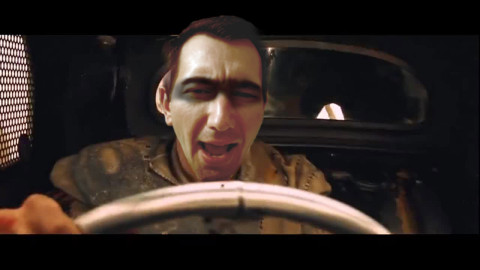
Raising speed limits under the government’s new proposals will cost lives and should be strongly rejected by communities around the country, says Cycling Action Network.
Cycling Action Network campaigns to enable families to be able cycle safely around their own neighbourhoods safely, including kids being able to ride safely to school and back.
The draft Land Transport Rule – Setting of Speed Limits 2024 would reverse many instances of safer speeds in rural areas, force local authorities to raise urban speed limits to 50 km/h, and make variable low speed zones around schools confusing, expensive, and practically unenforceable. CAN opposes these unsafe, draconian changes to speed limits.
“There are significant risks with relying on variable intermittent speed restrictions outside schools.” says Alex Dyer, CAN Chair. “Permanent safe speeds within a wide local catchment for a school are much more effective at preventing deaths and injuries, and are cheaper to implement. Choosing to travel to and from school is influenced by the safety of the whole journey - not whether or not the street just in front of the school has slightly slower traffic at some times of the day.”
“We generally agree as a society that boy racing and driving too fast in community areas is unacceptable. Now we have a Transport Minister actively working to force everyone into cars and drive too fast, making kids, elderly people and others in local communities pay for this - with their lives if necessary. It’s appalling.”
"This move to increase traffic speeds is another attack on efforts to help people get around in healthy, climate-friendly ways, under their own power. This Minister wants people to have to buy, maintain, and operate an expensive vehicle that makes streets more dangerous for everyone, or be driven in one for every local trip."
The safety concern from having too many cars and trucks travelling too fast on infrastructure that often affords little separation is a leading barrier to more people choosing to walk and cycle.
If people don’t feel safe to move around their communities without being in a car they will drive or be driven. More people driving more often, worsens traffic, danger, and health outcomes for everyone - including those driving.
“Local communities want their streets to be safe and healthy for people of all ages and abilities to enjoy without being forced to drive cars. The Coalition Government should listen to local communities, and respect all the work already done around the country to improve safety and liveability by reducing speeds.” says Dyer.
Cities around the world are implementing lower speed limits where people live because slower traffic speeds, with fewer people driving for everyday journeys, are better places to live.
It pays to also reflect on the changing size and shape of the private vehicle fleet in Aotearoa. Our cars are on average getting more dangerous. It is another reason they need to travel more slowly just to maintain existing safety levels.
For every 450kgs extra that a car weighs, the chance of killing another person goes up by 46%. The gross mass of the average passenger vehicle in New Zealand has increased by nearly 300 kilograms over the last two decades. This means that the average sized private car in New Zealand now introduces at least 33% more danger and harm at any speed than its equivalent from 20 years ago.
The shape of the typical private vehicle is changing too. More models are being designed to be higher and wider on average which is making them more harmful again if they strike a person walking or cycling and more likely to mean collisions will occur due to poor sight lines of the driver.
This proposal to force New Zealanders to drive, and to drive faster for all their journeys is another ill-informed miscalculation by this Government when it comes to transport and represents an appalling overreach that will mean more people will die on our streets, and more harm and cost to everyone getting around.
"New Zealanders of all ages and abilities deserve safe streets. They deserve attractive healthy choices for getting around their own neighbourhoods."
Alex Dyer
Cycling Action Network
021 296 2173
—ends—
